Whether you’re trying to eat more organic foods or just want to avoid the preservatives and chemicals that are found in most processed foods, meal planning can be a great way to keep your diet balanced.
Before you go shopping, make a list of the meals you want to prepare. This will help you keep your budget in check and ensure that you’re getting the nutrition you need to stay healthy.
Make a list of meals you want to eat.
Eating a balanced diet is essential for maintaining a healthy weight, increasing energy levels and improving general well-being. It's also an important part of cancer prevention and management.
A balanced diet is a combination of foods from the five main food groups: fruit, vegetables, dairy, grains and protein. It is important to eat a variety of these foods in the recommended amounts, so that you are getting enough energy, proteins, vitamins and minerals.
The best way to make sure you eat the right amount is to prepare a list of meals you want to eat each day and then stick to it. This can help you avoid over-eating or buying snacks or junk food when you go shopping.
It is also a good idea to check the ingredients of any packaged foods you buy before you purchase them. Most supermarkets use a traffic light labelling system that tells you how much fat, saturated fat, sugar and salt are in 100g of the product.
Check the ingredients before you go shopping.
One of the best ways to stay on track with your healthy eating plan is to check the ingredients before you go shopping. This will save you money and allow you to make more informed choices.
You can do this by checking the Nutrition Facts label, which is available on many foods. This will give you a better idea of how much sugar, sodium and fat is in the food, as well as any additives that might not be as healthy as they seem.
Alternatively, you can also use an app like Fooducate to scan the bar code on the product and see exactly what is in it.
While this may sound like an obvious rule, a lot of people forget it. This can lead to purchasing items that are not only bad for you, but oftentimes they will cost you a lot of money as well.
Eat at a certain time everyday.
Having a regular meal schedule is important for maintaining a balanced diet and preventing health problems such as obesity, type 2 diabetes and cardiovascular disease. Doctors also believe that eating at a consistent time every day helps maintain the body’s internal clock, which regulates metabolic processes and appetite.
Eating at random times throughout the day can disrupt your internal body clock causing problems such as weight gain, blood sugar spikes and poor cholesterol levels.
The best time to eat is during the first hour after waking up, between 6 and 10 am. This will help get your body’s energy levels back on track and give it the fuel it needs to start a new day.
You should eat again within 3 to 4 hours after breakfast, depending on your needs and dietary preferences. This will help keep your blood sugar levels stabilized and allow your stomach to absorb the nutrients it needs at an optimal rate.
Make a list of foods you want to avoid.
A balanced and healthy diet means eating from all of the 5 major food groups - fruits, vegetables, grains, protein foods, dairy or fortified soy products - at least five times per day. This helps to avoid deficiencies in some of these groups and can help you maintain a healthy weight and reduce your risk of disease.
To make a balanced and healthy diet work for you, plan your meals in advance. This will help you to stay on track with your nutrition goals and avoid consuming foods that are high in calories, salt, fat and sugar.
EAT A VARIETY OF VEGETABLES AND FRUIT AT EVERY MEAL Fruit and vegetables are full of vitamins, minerals, fibre and phytochemicals that help to keep your body healthy. Add a variety to your diet, including frozen, fresh, canned or dried options and try them in different ways--raw, roasted, sauteed or in soups and stews.
Avoid processed foods containing highly refined grains (white bread and white rice), and sugar-sweetened beverages. These can be high in sugar, sodium and fat and can cause spikes in your blood sugar that are not good for you.
Frequently Asked Questions
What's the difference between organic foods and inorganic food?
Organic food is free from pesticides, chemical fertilizers and sewage sludge. It can also be grown without irradiation or genetic modification. Organic farming practices improve soil health and water quality as well as animal welfare.
Inorganic foods are produced using chemical fertilizers, pesticides, and sewage effluent. Radiated foods can be treated with radiation. Genetically modified organisms (GMOs) are created by biological engineering techniques.
Sometimes, the term "natural", is used interchangeably with "organic." Natural does not necessarily have to mean organic. Some products labeled "natural" may also contain synthetic ingredients.
Organic produce is typically more nutritious than conventional produce because the soil contains fewer harmful chemicals and pesticides. Organic farmers do not use pesticides, artificial fertilizers, hormones, anti-biotics, and other harmful chemicals.
Why is organic produce important?
Our health is dependent on organic produce. Organic produce is the best way to eat healthy foods. It's better for us and more sustainable because it doesn’t depend on pesticides or fertilizers.
Organic farming is a natural method of growing crops that uses no harmful chemicals. Organic farming is safer for animals and humans because it produces fewer pollutants. You are helping the planet and yourself by choosing organic food.
The health benefits of organic foods go well beyond our bodies. We all know how toxic processed food can make you feel. Did you know that organic fruits and veggies aren't subject to chemical spray? It means that organic fruits and vegetables taste better, last longer, and are brighter.
It's because organic is healthy for you and the planet. Because organic is healthier for you as well as for the world.
What are the most loved organic products?
Organic food is the fastest-growing industry today. Even though we have come a long ways from our roots there is still plenty of room for growth.
Organic products are the future. Organic products are safer, more sustainable, and cheaper for consumers.
They are also generally more expensive. That is why we developed the Organic Food Index. We wanted to see which foods are most in demand today and how these trends are changing.
These results indicate that organic food is growing in popularity. Between 2011 and 2012 the number of Americans buying organic food increased nearly 50%.
The USDA reports that organic production increased 10% last year. 9% now comes from organic foods in the United States.
While organic food is certainly gaining ground, it seems that it is still an expensive choice for consumers. The average retail price for organic food is almost twice that of conventional foods, according to the Organic Trade Association (OTA).
However, organic food is growing more quickly than any other part of the food market. You'll notice that organic food consumption has increased steadily since 2009.
According to OTA's data, organic products sold in supermarkets grew at 14% between 2010 - 2011.
This is because of consumer demand for healthier products, which explains the rise in organic food sales across all age categories.
However, the younger generation is leading the charge in choosing organic food. Millennials are twice more likely to purchase organic food than baby boomers. And young adults under 35 years old account for 25% of all organic food purchases.
Statistics
- As for organic meat, regulations require that animals be raised in living conditions that accommodate their natural behaviours (like the ability to graze on pasture), fed 100% organic feed and forage, and not administered antibiotics or hormones. (usda.gov)
- Nutrients like omega-3 fatty acids were up to 50 percent higher in organic meats and milk than in conventionally raised products.[3] (en.wikipedia.org)
- Popular clothing brands, like Patagonia, are labelled as organic by using 100 percent organic cotton for many of their styles. (en.wikipedia.org)
- Once certified by the USDA, it can fall into one of four categories: "100 percent organic", "organic," "made with organic ingredients," or "made with less than 70 percent organic ingredients. (en.wikipedia.org)
External Links
ota.com
ewg.org
- EWG's 2022 Buyer's Guide to Pesticides In Produce
- Clean Fifteen (tm) Conventional Produce Using the Least Pesticides
doi.org
- The link between occupational pesticide exposure and cancer risk: A review: Journal of Toxicology and Environmental Health. Part B. Vol 15, No 4.
- Genetically modified foods - safety, risks and public concern - A review - Journal of Food Science and Technology
ams.usda.gov
How To
Organic foods: Are organic foods healthier?
Organic foods can be grown without the use synthetic fertilizers and chemical pesticides. They are grown in natural environments without artificial inputs (fungicides/herbicides/hormones, antibiotics or genetic engineering). Organic farming practices include crop rotation and cover crops, the composting of animal manure, the recycling of wastewater, as well as integrated pest management (IPM).
In 2002, USDA National Organic Program was established. It regulates the handling, processing, labelling and sale of organic products within the United States. NOP regulations make sure that organic agricultural product conforms to the Federal Food, Drug, and Cosmetic Act. Additionally, organic products must not contain prohibited substances like pesticide residues or genetically modified organisms.
The United States offers two certification programs for producers that want their products to be certified organic: one for farmers, ranchers and the other for manufacturers. Both programs require audits of operations each year to ensure that they are meeting strict standards. This service is offered by several certifying agents, such as the CCOF Certified Organic Farmers & Ranchers or Quality Assurance International. These organizations offer third-party verification that farms adhere to strict guidelines about environmental stewardship and labour practices.
The USDA's Economic Research Service estimates that organic agriculture was responsible for $4.7 billion of 2013 sales. It was a 23 percent rise in retail spending for certified organic products since 2009. This period saw a 12 percent increase in grocery store sales. Spending on organic produce directly increased by 29.9%, while meat, poultry eggs, and seafood spending grew only by 1%.
Although organic food can be more expensive than regular food, many consumers feel that its quality is well worth the additional cost. Consumer Reports found that 88 per cent of respondents would be willing to pay more for organic food if the nutritional value was higher. A Health Affairs study also found that organic food consumers are less likely to develop health problems such as diabetes, cancer, obesity, heart disease, depression, and other diseases.
Although organic foods are not proven to prevent or treat certain diseases, some research suggests that they could improve overall health and reduce exposure to pesticides. In 2010, a review that included 31 studies concluded that organically-raised beef had lower levels of parasites and toxic chemicals than conventionally reared beef. Similar results were also reached by a separate analysis of 11 2012 studies.
A 2014 report from the Environmental Working Group looked at data from the Department of Agriculture's Agricultural Marketing Resource Center and found that the incidence of foodborne illness caused by E. coli, salmonella, listeria monocytogenes, campylobacter, and verotoxin-producing E. coli O157:H7 decreased when comparing organic to non-organic chicken, pork, beef, lamb, milk, and cheese. After 2006, when USDA required stricter organic standards in animal raising for human consumption, the group noted that E.coli O157 was less common among children and adults.
Resources:
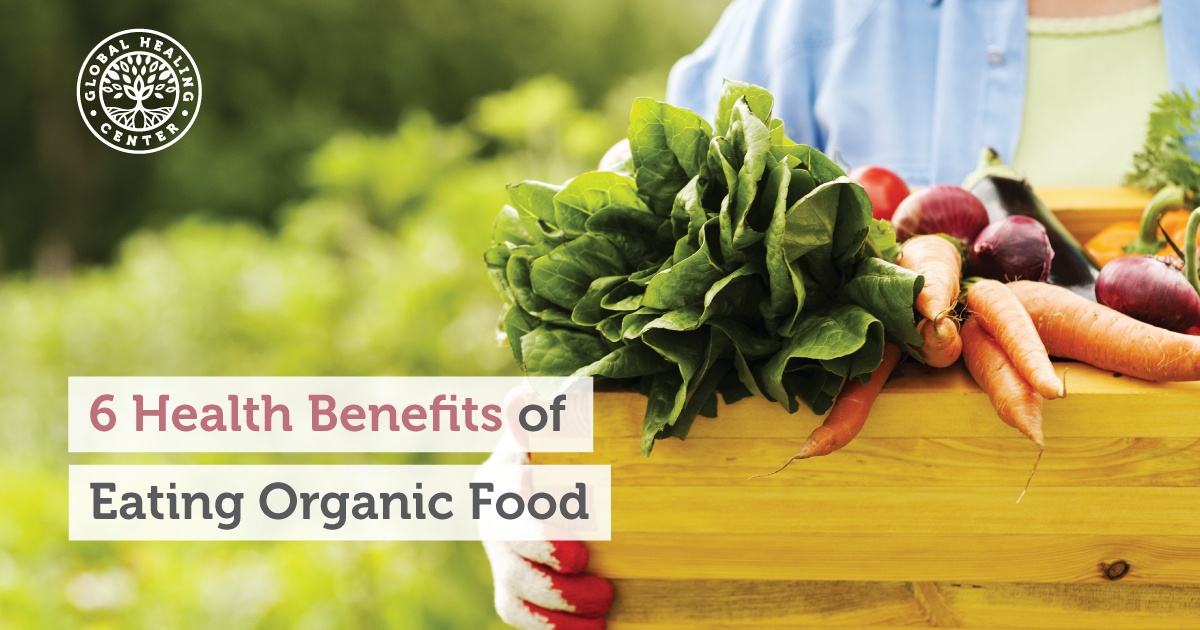 |
Nuts and SeedsNuts and seeds are nutrient-rich crunchy tidbits that add a protein, fiber and healthy fat punch to meals and snacks. They’re also a great source of.. |
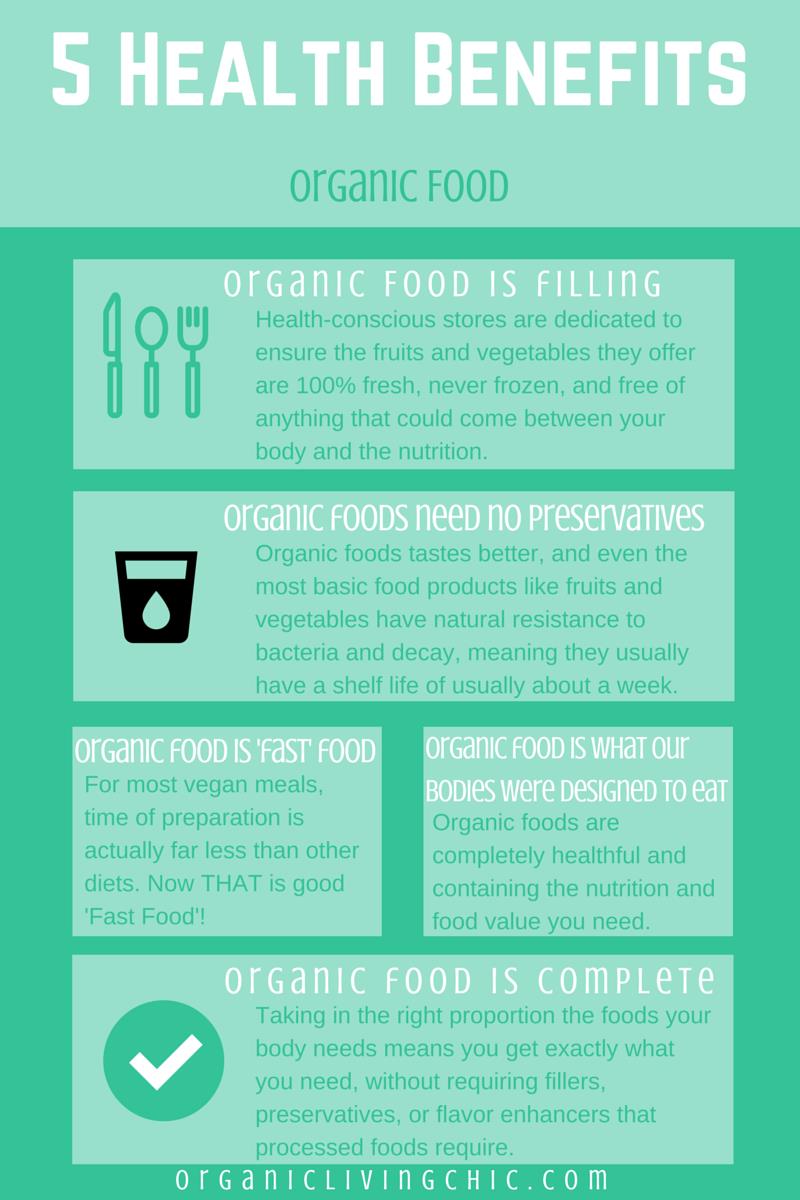 |
Organic Food For A Six Pack? The TRUTH About Organic vs Conventional Foods!Get ripped and keep your strength: http://goo.gl/uLzHn6 Hey guys, it's Clark over at Six Pack Shortcuts and today we're gonna talk about organic vs |
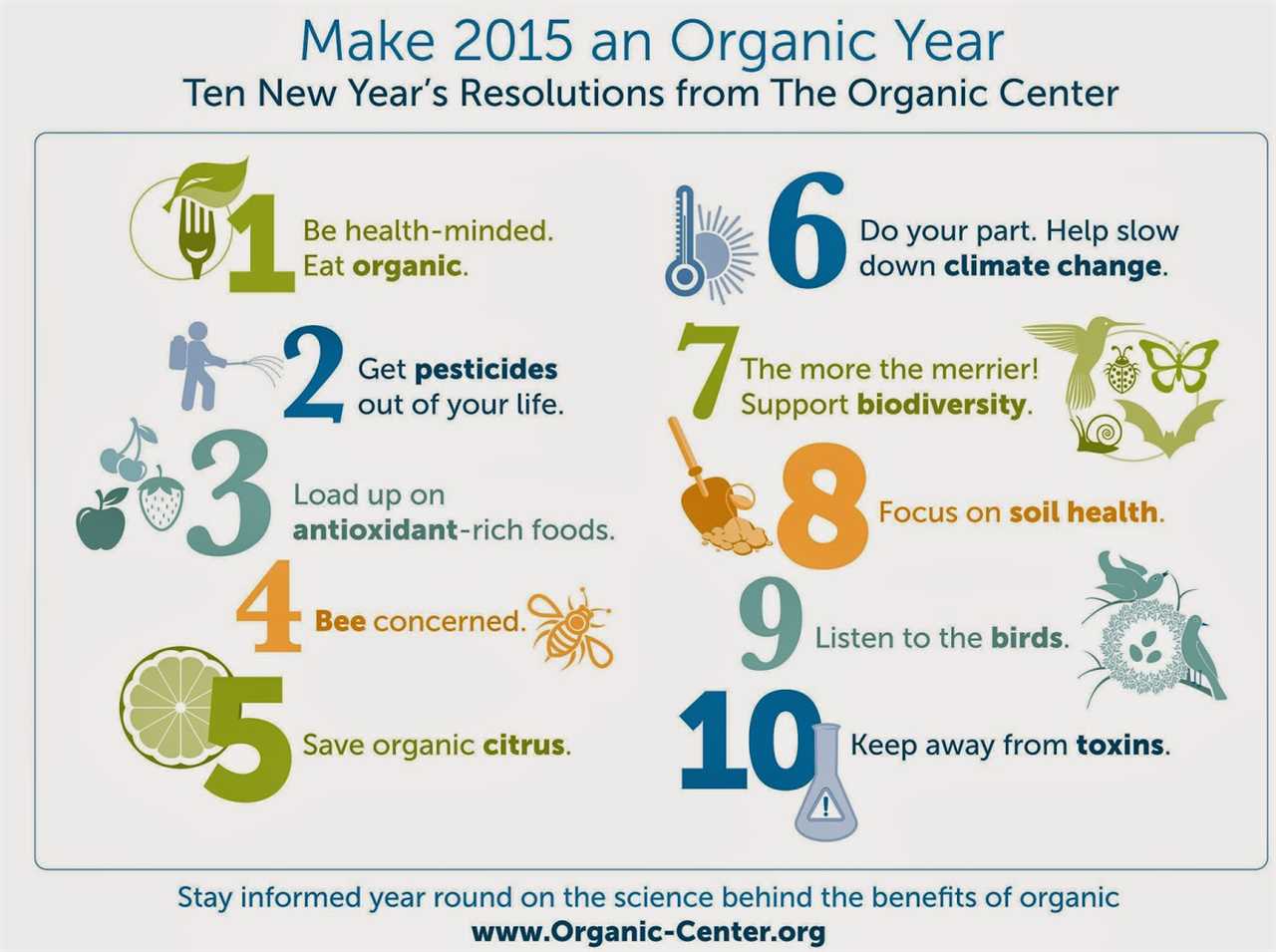 |
Organic vs Conventional Produce - The Dirty Dozen & Clean 15 ExplainedClick https://skl.sh/flavcitywithbobbyparrish to get 2 months of Skillshare for FREE! Here is a full review of the dirty dozen fruits and vegetables and |
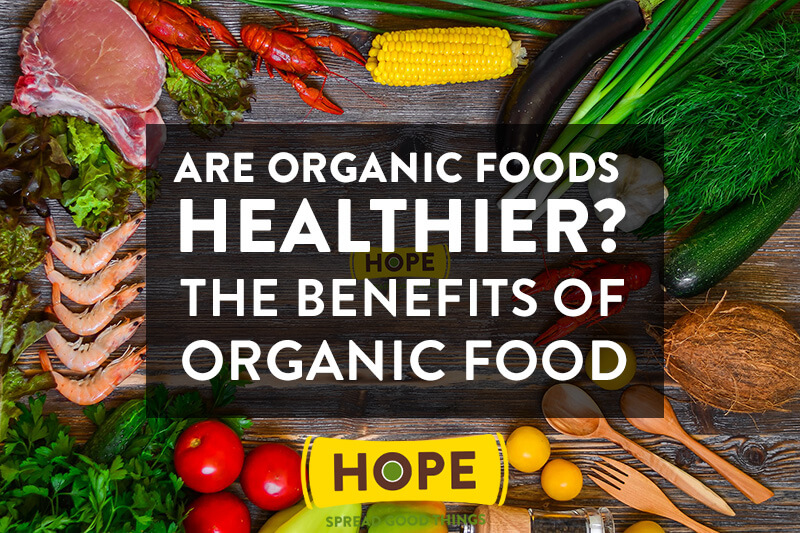 |
Are Organic Foods Really Healthier?It's widely believed that organic foods are more nutritious and safer than non-organic foods, even though the evidence is far from clear. Food certified as |
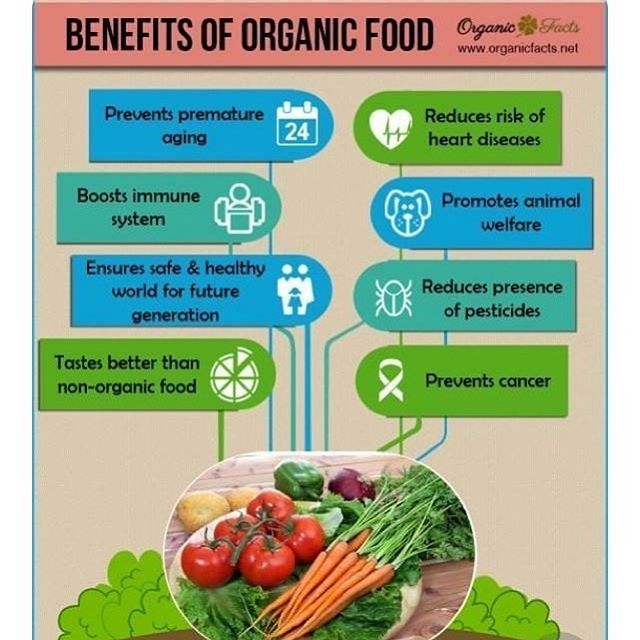 |
Are GMOs Good or Bad? Genetic Engineering & Our FoodAre GMOs bad for your health? Or is this fear unfounded? OUR CHANNELS German Channel: https://kgs.link/youtubeDE Spanish Channel: |
 |
How the food you eat affects your brain - Mia NacamulliView full lesson: http://ed.ted.com/lessons/how-the-food-you-eat-affects-your-brain-mia-nacamulli When it comes to what you bite, che […] |
 |
Is Buying Organic Food Worth The Cost?Subscribe to Goodful: https://bzfd.it/2QApoPk Goodful Goodful Feel better, be better, and do better. Subscribe to Goodful for all your healthy self care |
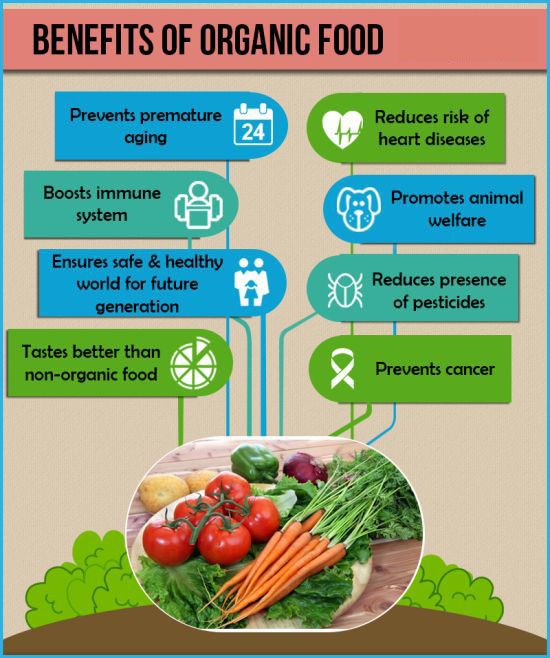 |
Benefits of Choosing Organic Gluten-Free OptionsIf you’ve been diagnosed with gluten sensitivity or celiac disease, you know how hard it can be to avoid foods containing wheat and other grains. But |
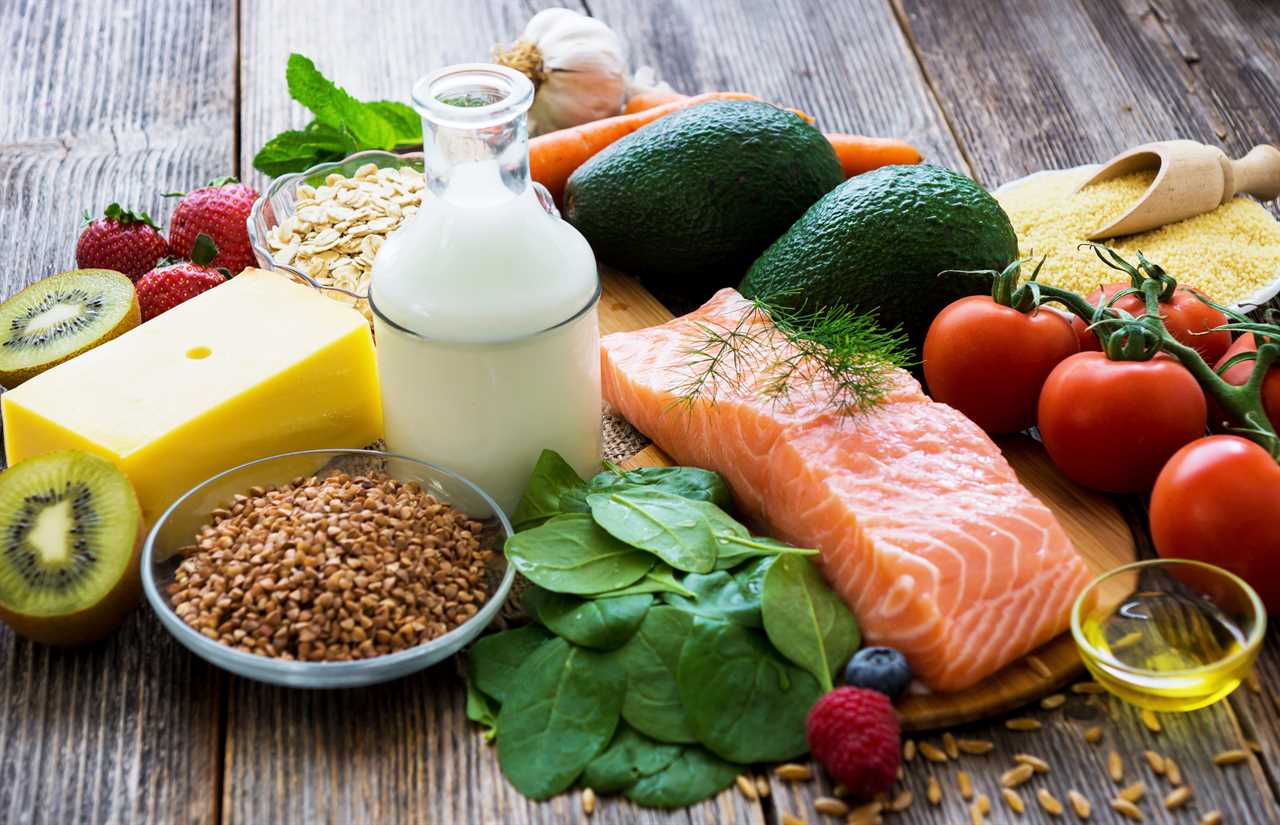 |
Joseph Wang LIVE (Bank Bailouts and Moral Hazards Deep Dive)buy my stuff Come to rebel capitalist live at https://rebelcapitalistlive.com Check out my private, online investment community (Rebel Capitalist Pro) |
 |
Organic Farming and Soil HealthOrganic farming practices promote soil health through crop rotations, symbiotic associations, cover crops and minimum tillage. These management.. |
 |
Research Reveals How Your Body Reacts When You Eat Only Organic FoodsThere is a growing belief that organic foods are healthier for us than non-organic foods. This ever-increasing belief is responsible for significant growth in |
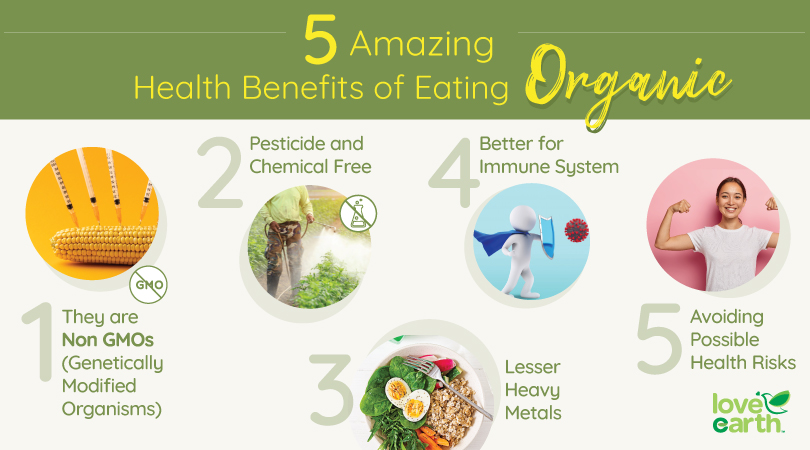 |
Stop Wasting Money on These ORGANIC Veggies (you don’t need to buy them organic)Click Here to Subscribe: http://Bit.ly/ThomasVid Get MY Recommendation on Groceries Delivered to Your Doorstep with Thrive Market: http: […] |
 |
If You Eat an Avocado a Day For a Month, Here''s What Will Happen to YouWhat Will Happen to Your Body If You Eat Avocado Every Day. The avocado is a unique fruit with multiple nutritional and health benefits. How would your body |
 |
Korean GardeningKorean gardening is one of the oldest ways to grow plants. It involves planting herbs, fruits, and vegetables that are used in kimchi, a type of.. |
 |
The Rodale InstituteThe Rodale Institute is a nonprofit organization that aims to support research into organic farming. It was founded in 1947 by J. I. Rodale, an.. |
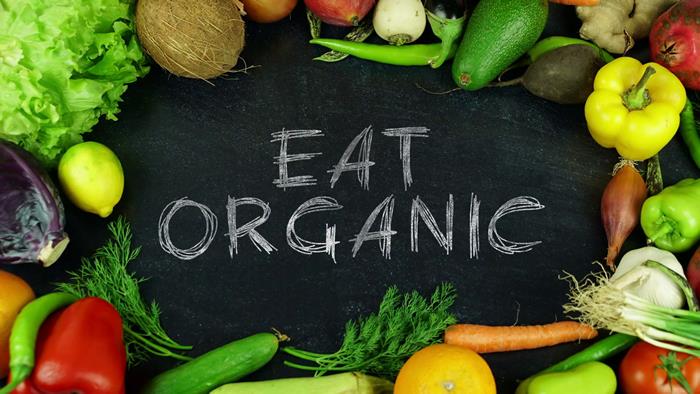 |
Organic eatingOrganic Cultur |
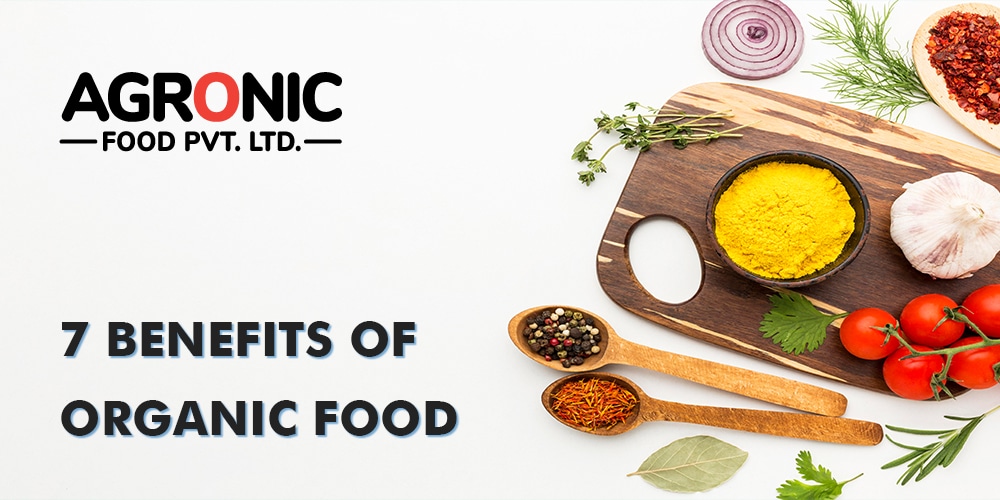 |
What is a Conventional Farm?Conventional farm is the term used to describe a farm that is not organic. It is a form of agriculture that is associated with better soil quality,.. |
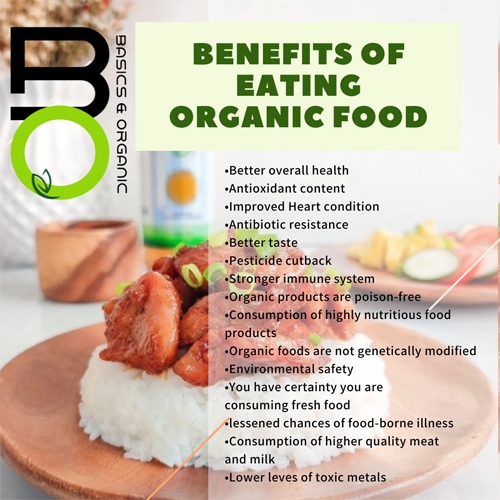 |
Chhattisgarh's Organic Farming SchoolsThe government of Chhattisgarh has started to introduce organic farming schools. This initiative is intended to provide the young generation with the |
 |
Can Organic Be GMO?The question Can organic be GMO is an ongoing debate among many consumers. While it's possible to eat foods that have been produced using genetic.. |
 |
When Did Organic Food Start?The answer to the question when did organic food start? will vary depending on the time period in which you are looking at. For instance, it may be a |
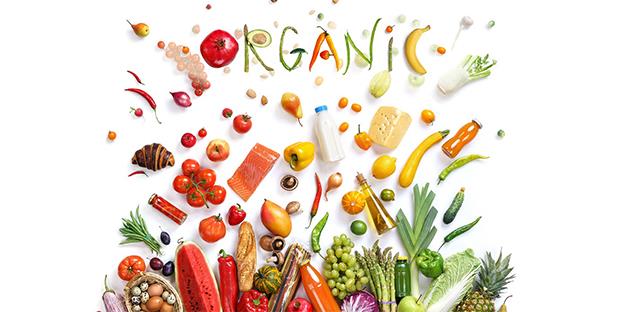 |
Organic Farming PrinciplesOrganic farming is a practice that is designed to be sustainable and healthy. Its principles include avoiding harms produced by industrial farming.. |
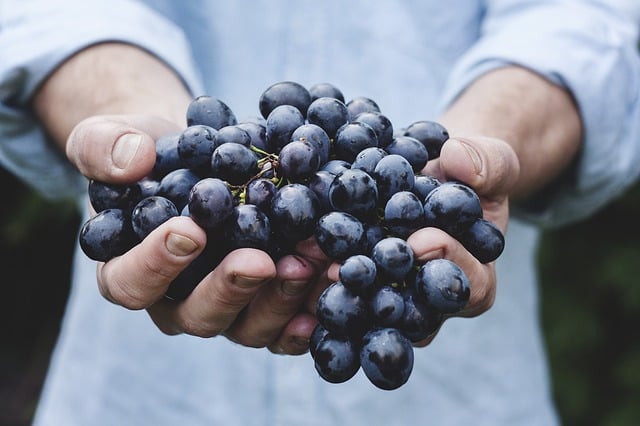 |
Soil Composition and BiodiversityThe soil that we have around us is a vital part of our lives. It is the home for many plants and animals. It also has a texture, a color, and many.. |
 |
The Benefits and Pitfalls of Organic Farming OrganizationsOrganic farming is an approach to farming that is not only ecologically sound, but also financially feasible. It is a method that is free from.. |
 |
Exotic VegetablesWhen it comes to vegetables, there are plenty of choices to choose from. Some of the most popular choices include broccoli, corn, carrots, and.. |
 |
Learn How to Become an Organic Farmer Through a Training ProgramIf you are looking to become an organic farmer, there are several ways you can do so. One option is to take a training program that will teach you.. |
 |
Benefits of Cover CropsIf you aren't familiar with cover crops, you may be surprised to learn that they are plants that are planted to grow on top of the soil to help.. |
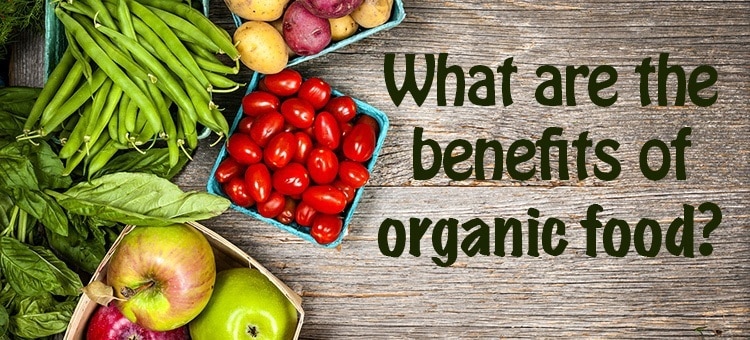 |
What is Organic Cotton?Organic cotton is the type of cotton that is grown without using pesticides or chemicals. It is also the type of cotton that is grown in subtropical.. |
 |
Is Organic Farming Beneficial to Biodiversity?Organic farming is a growing interest in the scientific community, and researchers have been investigating whether the practice is beneficial to.. |
 |
The Benefits of CompostingComposting your waste can be a very effective way of ensuring that your organic material is being broken down to the best of its ability. When.. |
 |
The Difference Between Organic Milk and Regular MilkOrganic milk is a type of milk that comes from livestock that is raised according to organic farming methods. This is a term that is regulated by.. |
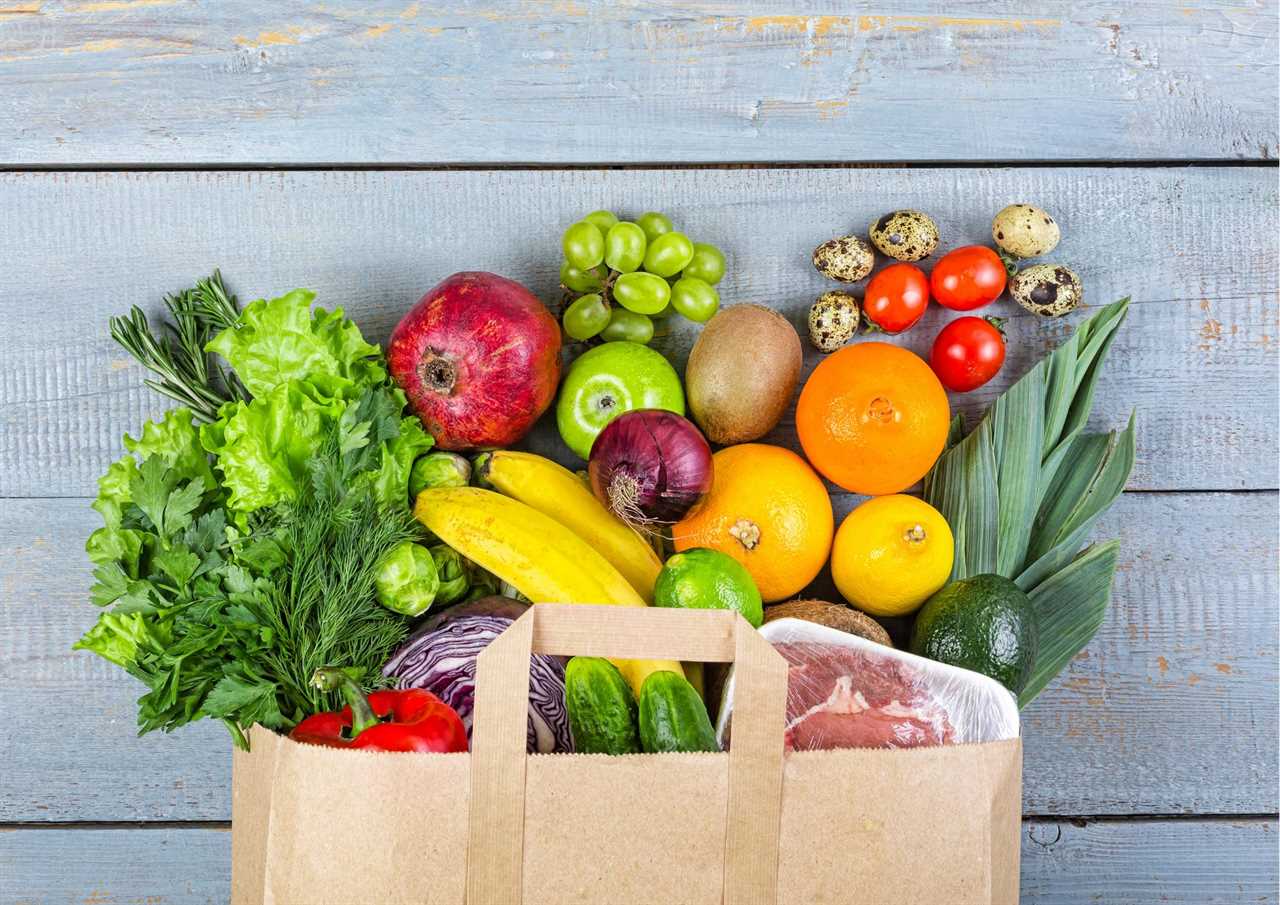 |
Organic Farming MagazineOrganic farming magazine is a resource that provides you with the latest information on organic agriculture, health, and sustainability. It also.. |
 |
The Latest Research on Organic | The Organic CenterResearched articles about eating Organic food |
Did you miss our previous article...
https://belovedsaffron.com/organics/nut-butters-a-healthy-source-of-fat
.png)





